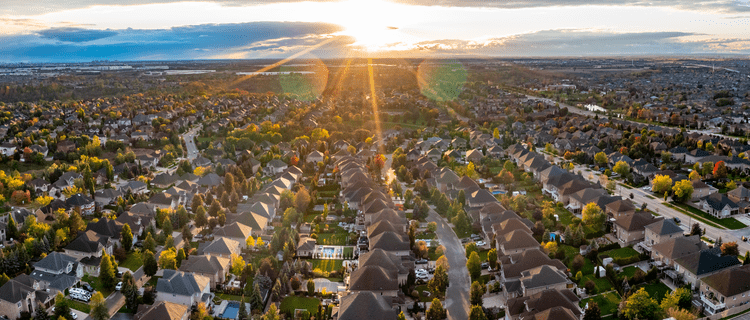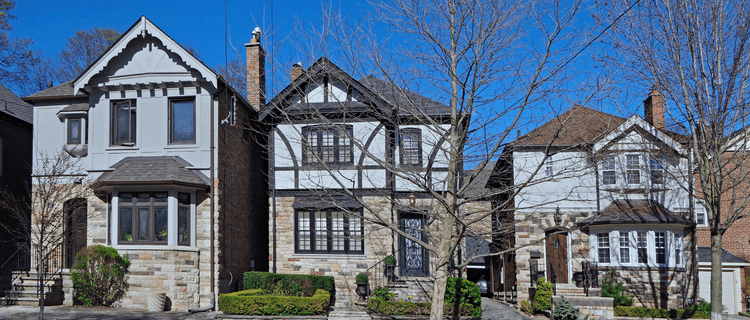Top 3 Reasons To Buy a Home Before Spring
If you’re planning to buy a home this year, you may be focused on the spring market. And hoping that when spring does hit, you’ll see: Mortgage rates drop a little more. More homes hit the market. But here’s what most buyers don’t realize. Buying just a few weeks earlier could mean paying less, dealing …





